Latin America’s Turn to the Right: Implications for Palestine
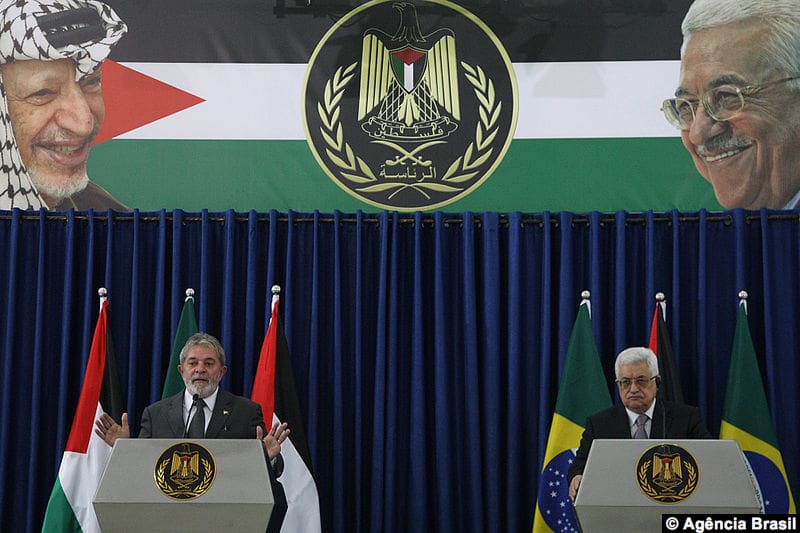
The past year has seen Latin American right-wing parties sweep elections and signal support for Israel. Al-Shabaka Policy Member 24394 assesses this shift through an examination of Latin American-Palestinian relations, Palestinian and Jewish diaspora lobbying in the region, and potential avenues for local action against Israeli efforts to push its agenda in violation of Palestinian rights.
Economic Collapse in East Jerusalem: Strategies for Recovery

Israel’s engineered economic collapse of East Jerusalem has rendered it essentially unlivable for Palestinians. Al-Shabaka Policy Fellow Nur Arafeh focuses on two of the city’s strategic assets that exemplify this collapse, tourism and the commercial markets of the Old City, and examines both existing and potential Palestinian initiatives of sumud, or steadfastness, that challenge Israeli-imposed obstacles.
The Palestinian Authority: Unsettling Status Quo Scenarios
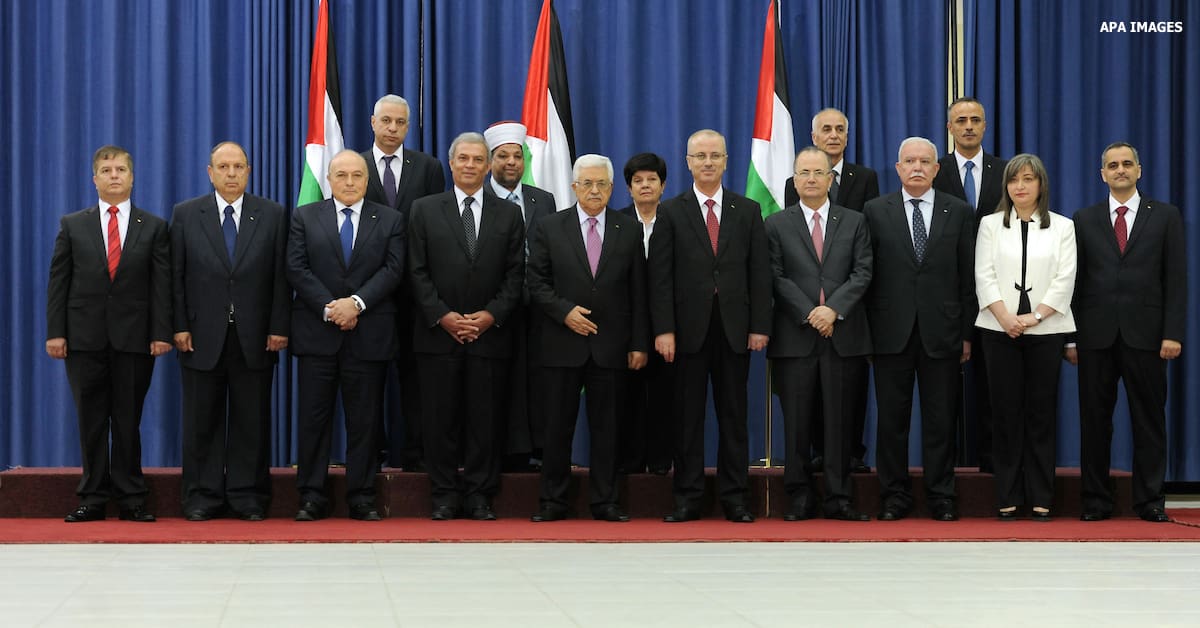
Is one state the only alternative to an unrealized two-state solution? Al-Shabaka Policy Member 24378 discusses the minimal changes in governance the PA has made post-Oslo and forecasts a “status quo+,” an institutionalized system of apartheid and a no-state solution. He also foresees three states – but argues none of this would be sustainable over time.
The “S” in BDS: Lessons of the Elbit Systems Campaign

Israeli military companies such as Elbit Systems appear invincible, yet Israel’s arms industry is more vulnerable than it seems. Al-Shabaka Guest Author 24471 and Policy Advisor Jamal Juma’ examine both national and global trends and identify avenues for human rights activists to pursue to hold Israel accountable under international law.
Which Jerusalem? Israel’s Little-Known Master Plans
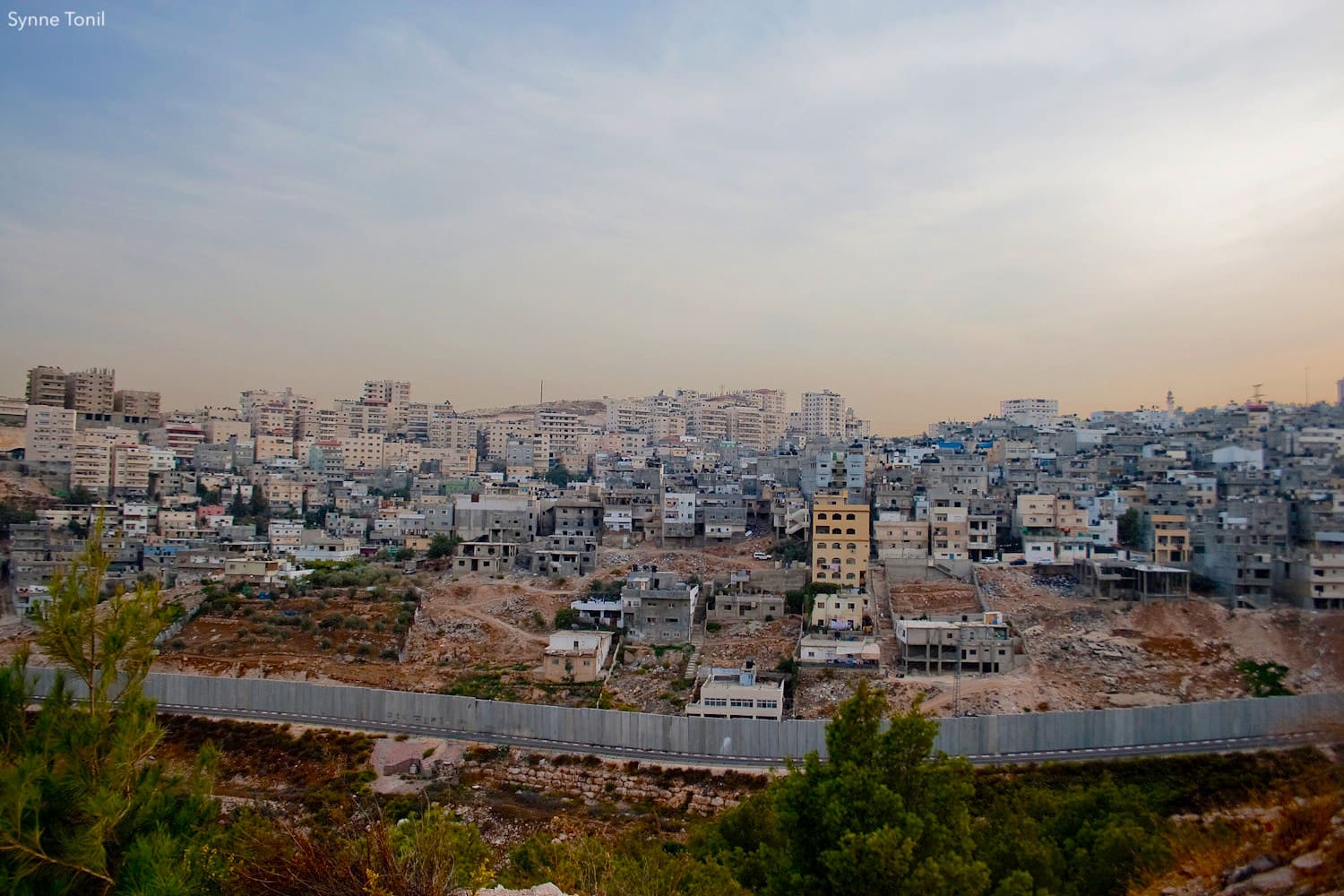
Jerusalem 2050: A largely-Jewish high-tech tourist destination with a minimal Palestinian presence. This is Israel’s vision of the city, and it is being implemented through three master plans – two of which are relatively unknown. Al-Shabaka Policy Fellow Nur Arafeh provides a succinct analysis of all three plans and the ways in which Palestinians can rebut them.
Why It’s Dangerous to Conflate Hamas and Daesh
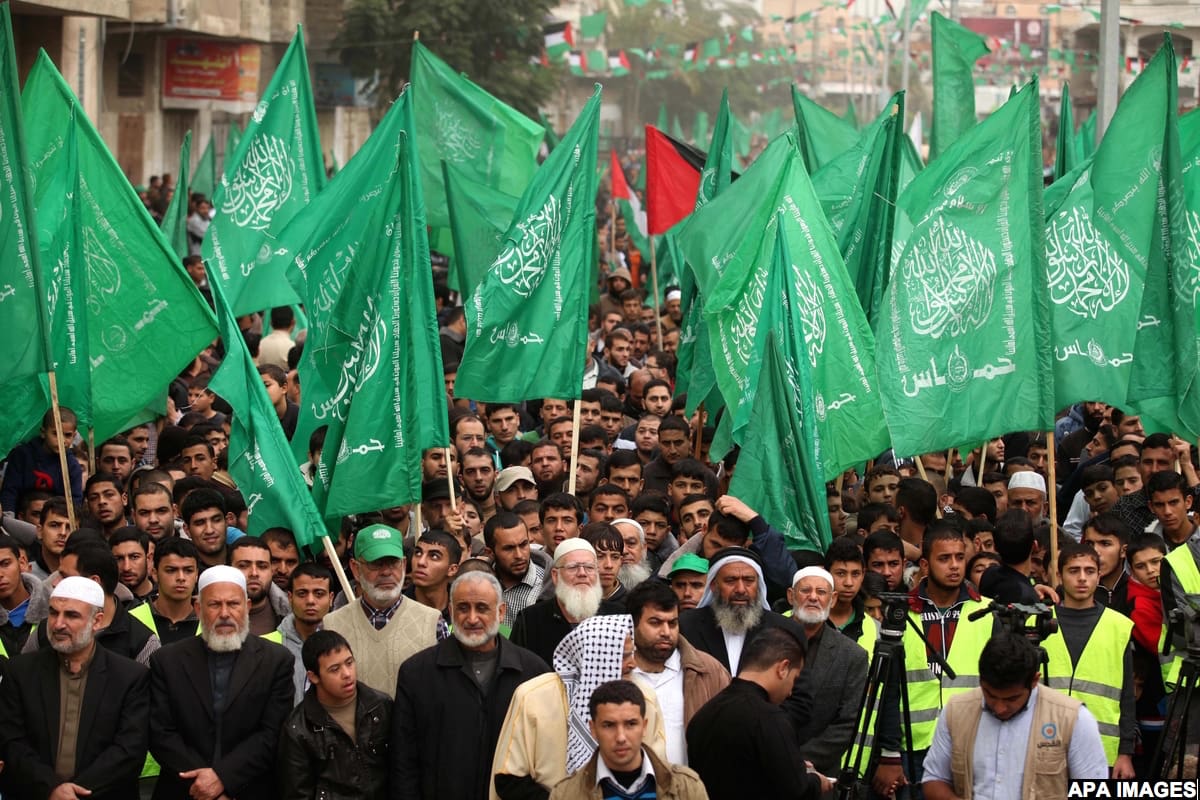
Israel and some Arab states have been tarring Hamas and Daesh with the same brush despite key differences and, indeed, enmity. Al-Shabaka Policy Member Belal Shobaki shows how Hamas differs from Daesh in jurisprudence, the nature of the state, and relations with other religions. He cautions that excluding moderate Islamists could drive some to embrace extremism.
How Israeli Settlements Stifle Palestine’s Economy
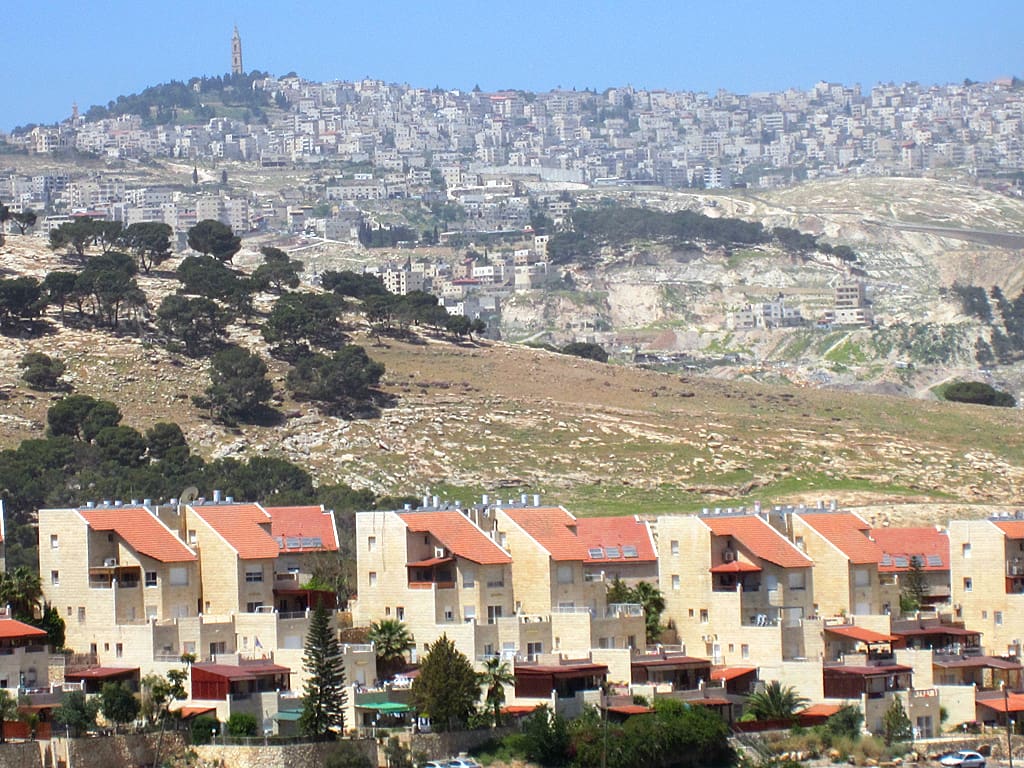
Israel is marshaling pro-Israel forces in Europe as well as in the US against the European Union’s recently issued guidelines on labeling some of its settlement products, for fear that this will lead to stronger measures. Al-Shabaka’s Nur Arafeh, Samia al-Botmeh and Leila Farsakh debunk Israel’s arguments both as regards the impact on the Palestinian economy as well as on Palestinian workers.
ICT: The Shackled Engine of Palestine’s Development

World attention has been focusing on the Palestinian revolt against Israel’s military occupation. Meanwhile, plans were reportedly still going ahead for an Israeli release of frequencies required for long-awaited 3G and even 4G systems and services. Al-Shabaka analysts Nur Arafeh, 24584, and Sam Bahour provide an incisive account of Israeli obstacles to the Palestinian sector’s development that have led to hundreds of millions in direct losses and lost opportunities.
Palestinian Refugees From Syria: Stranded on the Margins of Law
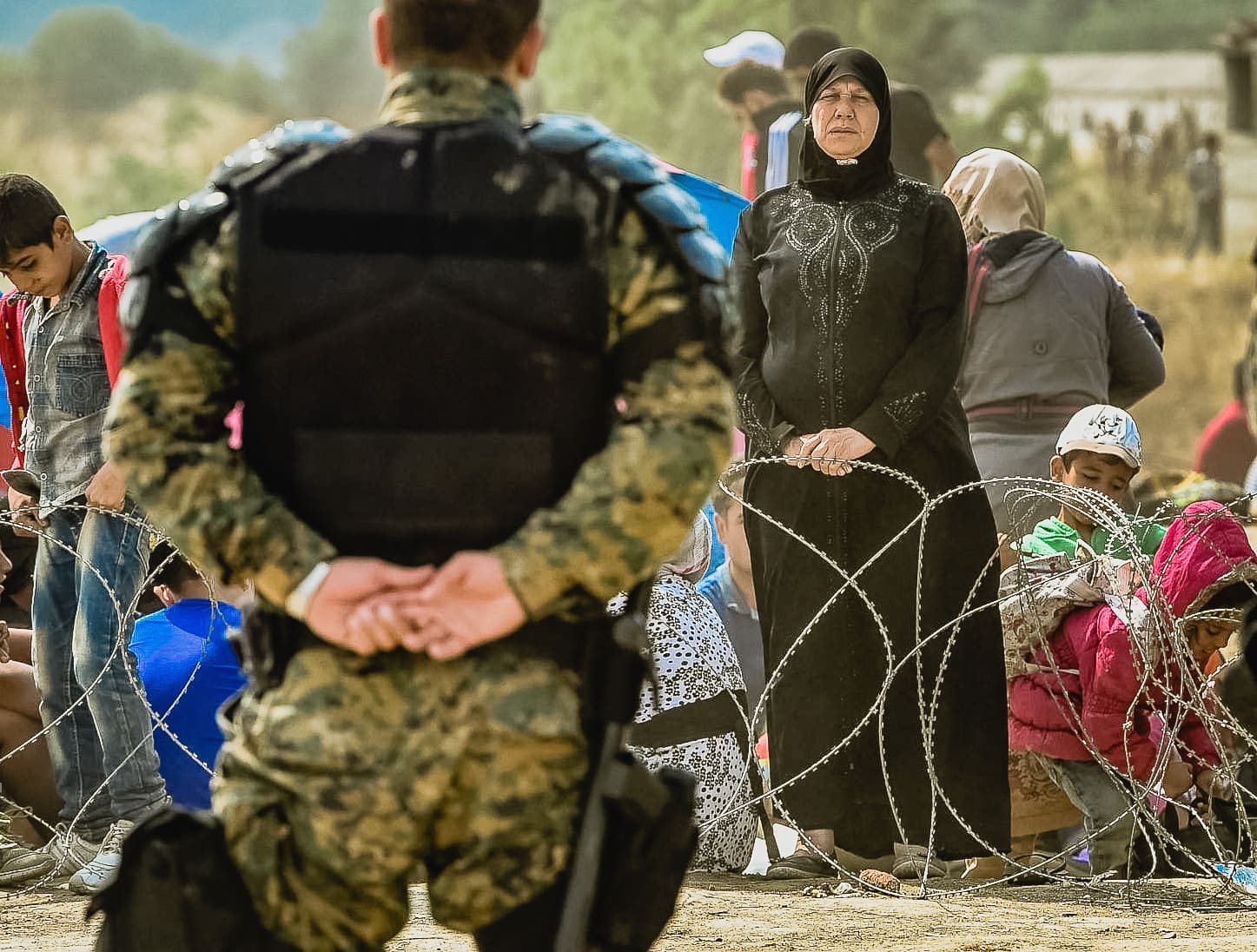
Al-Shabaka policy analysts Mai Abu Moghli, 24508, and Nell Gabiam analyze the effects of the war in Syria on Palestinian refugees through a succinct, country-by-country analysis of the legal and social obstacles they face. They examine the discriminatory legal framework that is being applied to the Palestinian refugees from Syria by Arab countries as well as by the international community, and underscore that the Israeli government’s denial of the right of return of Palestinian refugees – in violation of international law – is a major factor in the current vulnerability of the Palestinians of Syria.






